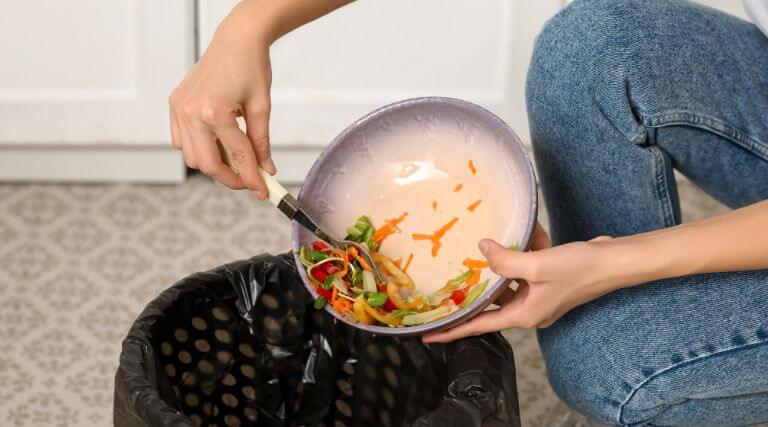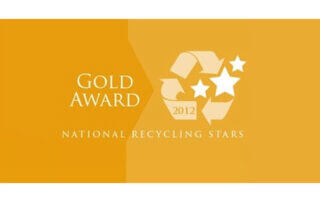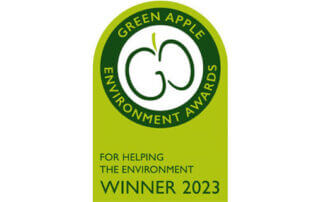
Food recycling is an essential practice that can help reduce waste, save money, and support the environment. Every year, millions of tonnes of food waste end up in landfills, contributing to greenhouse gas emissions. By recycling food and managing it responsibly, you can play a part in reducing this impact while also reaping the benefits of a cleaner, greener lifestyle. Here are some practical tips to get started with food recycling today.
Understand What Can Be Recycled
Before diving into food recycling, it’s essential to know what materials are suitable for recycling. Most food waste can be recycled, including:
- Fruit and vegetable scraps: Peels, cores, and other bits left over from preparation.
- Eggshells: These are rich in calcium and great for composting.
- Coffee grounds and tea bags: A fantastic addition to compost heaps.
- Bread and grains: Stale bread and leftover rice can also go into your food waste recycling.
- Dairy products and meat scraps (if your local collection scheme allows).
Check with your local council to see what food waste they accept in their collections, as some regions may have restrictions on certain types of waste.
Start Composting at Home
Composting is one of the easiest ways to recycle food waste and turn it into nutrient-rich fertiliser for your garden. Whether you have a spacious garden or just a small balcony, there’s a composting option to suit your needs.
- Outdoor compost bins: Ideal for those with a garden, these bins can process a wide range of food waste.
- Bokashi bins: Perfect for smaller spaces, these use fermentation to break down food, including meat and dairy.
- Wormeries: Using worms to break down food scraps is not only effective but also fascinating to watch!
Once your compost is ready, use it to nourish your plants and reduce the need for chemical fertilisers.
Use Your Food Caddy
Most councils in the UK provide food waste caddies for households. These are small bins designed for kitchen scraps that are collected separately from your general waste.
Make the most of this service by lining your caddy with compostable bags and emptying it regularly. Remember to rinse it occasionally to keep odours at bay. By participating in your local council’s food waste scheme, you’re helping divert waste from landfills and supporting renewable energy projects that convert food waste into biogas or fertiliser.
Reduce Food Waste at the Source
Prevention is better than cure, so consider taking steps to reduce food waste before it even occurs. This is as much a part of recycling as dealing with leftovers.
- Plan your meals: Avoid buying more than you need by creating a meal plan and shopping list.
- Store food correctly: Keep perishables like milk and vegetables at the right temperature to prolong freshness.
- Love your leftovers: Get creative in the kitchen by turning leftover meals into soups, stews, or stir-fries.
Donate Surplus Food
If you find yourself with excess food, consider donating it rather than letting it go to waste. Many food banks, charities, and community fridges across the UK accept surplus food to distribute to those in need. Not only does this prevent waste, but it also supports your local community.
Invest in a Food Waste Disposal Unit
For those who produce significant food waste, a food waste disposal unit can be a worthwhile investment. Installed under your sink, these devices grind food waste into tiny particles that can be safely flushed into your wastewater system (subject to local regulations).
Recycling Cooking Oil
Used cooking oil should never be poured down the drain, as it can cause blockages and environmental damage. Instead, collect it in a container and take it to a recycling point. Recycled cooking oil can be converted into biodiesel, a sustainable alternative to fossil fuels.
Educate Your Household
Involve everyone in your home in food recycling efforts. Teach children the importance of waste reduction and recycling, and encourage them to participate by sorting scraps and using the food caddy. The more people understand the benefits, the more likely they are to contribute to the cause.
Make Recycling Easy and Accessible
Set up a convenient system in your kitchen to make recycling food waste second nature. Keep a food caddy in an accessible spot and label it clearly so everyone knows what can and cannot go inside. By making the process simple, you’re more likely to stick to it long-term.
Contact Us for Your Waste Solutions
Need help managing your food waste or looking for a skip to handle larger recycling needs? We’re here to assist you. Give us a call on 01442 229 029 or book online through our easy-to-use platform at Cheap Skip Hire Prices. Let’s work together to create a cleaner, greener future!
By implementing these food recycling tips, you’ll not only reduce waste but also contribute to a healthier planet. Start small, stay consistent, and watch as your efforts make a big difference.










